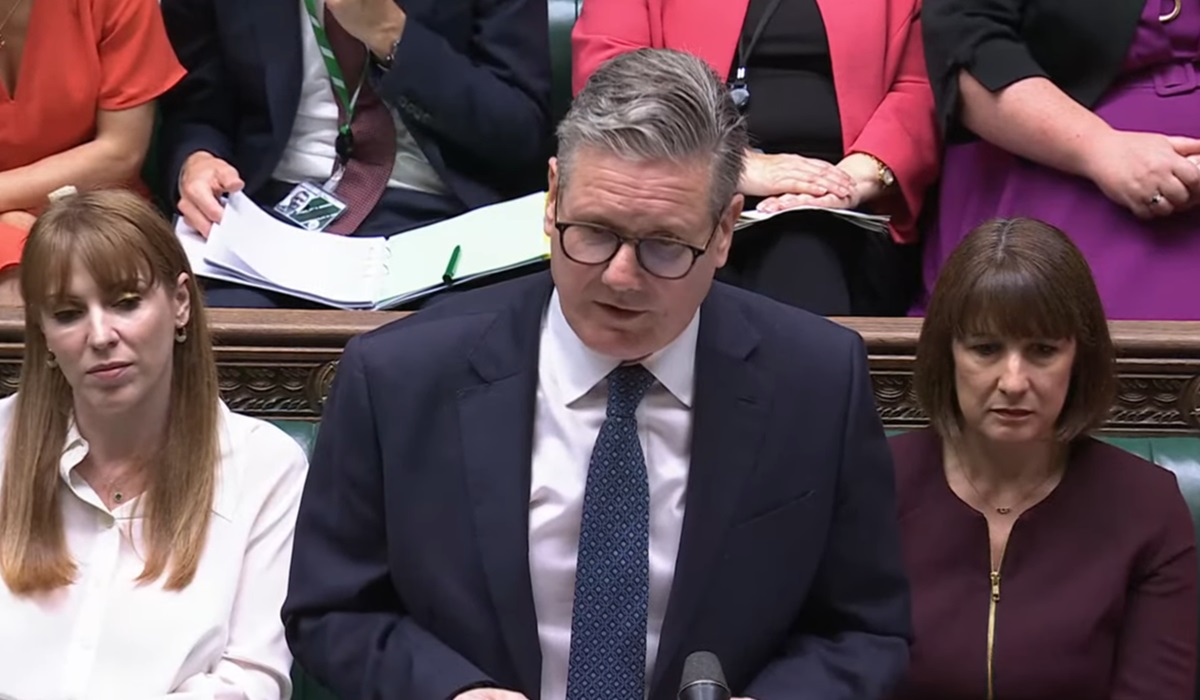Does Any Government Have Clean Hands, When It Comes To Foreign Electoral or Political Meddling?
- TDS News
- Breaking News
- Trending
- February 20, 2023

Governments have a long history of interfering in other nations’ elections and even overthrowing governments. The United Kingdom, France, and the United States are just a few examples of countries that have been involved in such actions for centuries. However, despite their long history of meddling in foreign affairs, these nations still express outrage when they suspect interference in their own elections. While no government should have its elections tainted or interfered with by any other nation, the hypocrisy of these governments’ reactions is evident.
Governments affect other nations’ elections in various ways. While electronic interference may be the most commonly suggestted method via voting machines, it is not the preferred method of election meddling. In fact, arming rebels or a political side that aligns with their interests, providing financial contributions, promising to develop natural resources, and even carrying out extraordinary renditions are considered to be more effective tactics used by governments to influence the outcome of foreign elections. Additionally, intelligence agencies often provide information to opposition parties to help them gain an advantage over their opponents.
Despite the widespread knowledge of their meddling in foreign elections, governments engage in a daily dose of political rhetoric denouncing foreign interference. While these complaints may be valid, they often fail to report on what their government is doing overtly to overthrow democratically elected foreign governments.
In 1953, the UK and United States was involved in the overthrowing the Iranian Prime Minister Mohammad Mossadegh, under code name Operation Ajax by the United States and Operation Boot by the UK. And in 1974, the UK was accused of plotting the overthrow of Australian Prime Minister Gough Whitlam. He was replaced by the Governor Generaal with an opposition party leader at the request of the Queen, who is the head of state, seeing Austrailia is a constitutional Monarch. The removal was based on the notion Whitlam failed to get parliament’s approval for spending and failed to call an election.
Then there is France, who has destroyed and raided many countries and enslaved their people. But arguably, no country or people has face more destruction to its government than that of Haiti. The collapse of Haiti is directly attributed to France’s historical colonization, devastating natural disasters, resulting in destabalization. For Haiti to gain its independance from France, the King demanded a sum of 150 million francs from the country to compensate for their lost revenues from slavery in 1825. This debt crippled the country and prevented it from achieving economic stability and development, considering the country had to borrow from the Bank of France to pay its debt.
France has also been accused of interference in other nations’ affairs, particularly in Africa. The French government has been known to support opposition parties in various African countries, and has even provided military support to these groups in some cases. Similarly, the United States has a long history of interference in foreign elections, including its involvement in the overthrow of Chilean President Salvador Allende in 1973. The U.S list of government interference is long and grows annually.
Despite the prevalence of interference in foreign elections, it is important to recognize that no government should have its elections tampered with by another nation. The act of election interference undermines the very principles of democracy and undermines the trust citizens have in their government. It is imperative that governments around the world recognize the importance of respecting the sovereignty of other nations and refrain from any interference in their political affairs.
While it may be true that governments interfere in other nations’ elections, it is important to recognize the damage this can cause to the democratic process. It is vital that governments respect the sovereignty of other nations and refrain from any interference in their political affairs, both electronically and through other means. Only then can we ensure that democratic principles are upheld and that citizens can have faith in their elected officials.








